Your Cart is Empty
1-844-WILDOAK - Call or Chat: Mon to Fri 10am-10pm CST
Menu
-
- Shop
- Brands
- Deals & Specials
-
- About us
- Free Resources
- Blogs
- 1-844-945-3625
- Login

1-844-WILDOAK - Call or Chat: Mon to Fri 10am-10pm CST
23 Things To Keep in Mind When Living Off the Grid in 2024
by Jefferson Ebasan June 07, 2021 11 min read
For most Americans, off grid home is a pipe dream. We've grown accustomed to a certain level of convenience and comfort. It's a lot! We have a far more substantial desire for convenience than most other countries.
Beyond convenience, adventure appears to be the next step. The citizens of the United States, like pampered affluent kids, only want to feel ALIVE!
They are looking for thrills in a variety of ways. The idea of venturing out into the hinterlands and adopting a neo-pioneering lifestyle is one of them.
They live in tiny dwellings, cut off from the world that gave birth to them. It's a noble ideal and one that preppers can appreciate because they're as close to self-sufficiency and independence as one can get.
Survival Preparedness
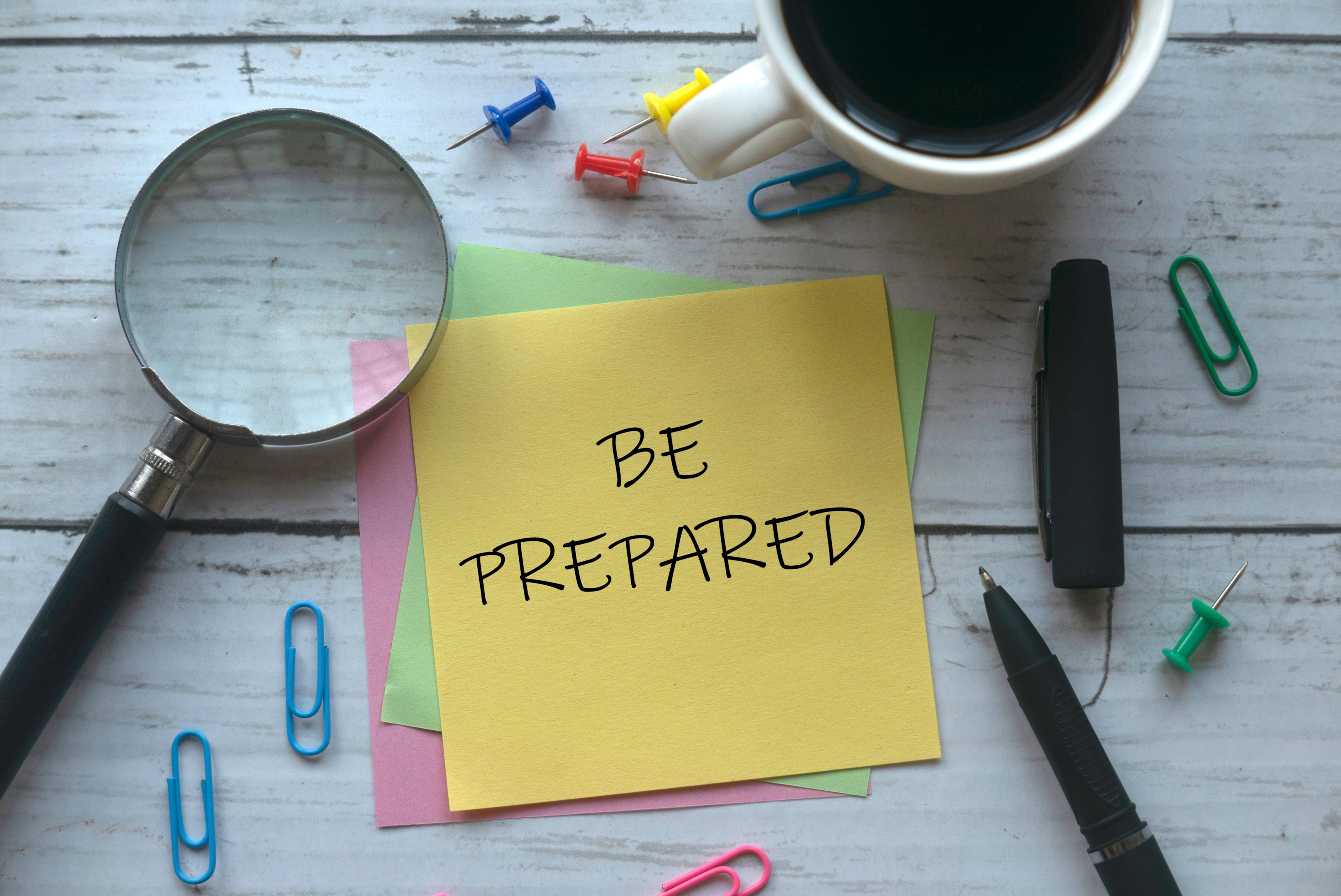
Others see living off the grid as a requirement for emergency preparedness and survival. In the event of an emergency, it becomes a mode of survival and a strategy to live and keep your family safe. A simple power blackout, total financial collapse, political upheaval, war, or a natural calamity are examples of emergencies.
People call it preparing or survival. Some die-hard preppers believe that living off the grid is all about being prepared, having enough supplies to care for their families, and surviving an apocalyptic event.
Sustainable Living
For most individuals, living off the grid means living a more sustainable lifestyle, consuming fewer resources, and creating more than they consume. It entails unplugging from the power grid and producing your electricity, growing your food, and living a "green" lifestyle. Living off the land is what some people refer to it as.
Sustainable living entails consuming renewable resources at a slower rate than they can be replaced and produced. It's about striking a balance in the way of living that contributes to rather than depletes the environment.
What Does Off the Grid Living Means?
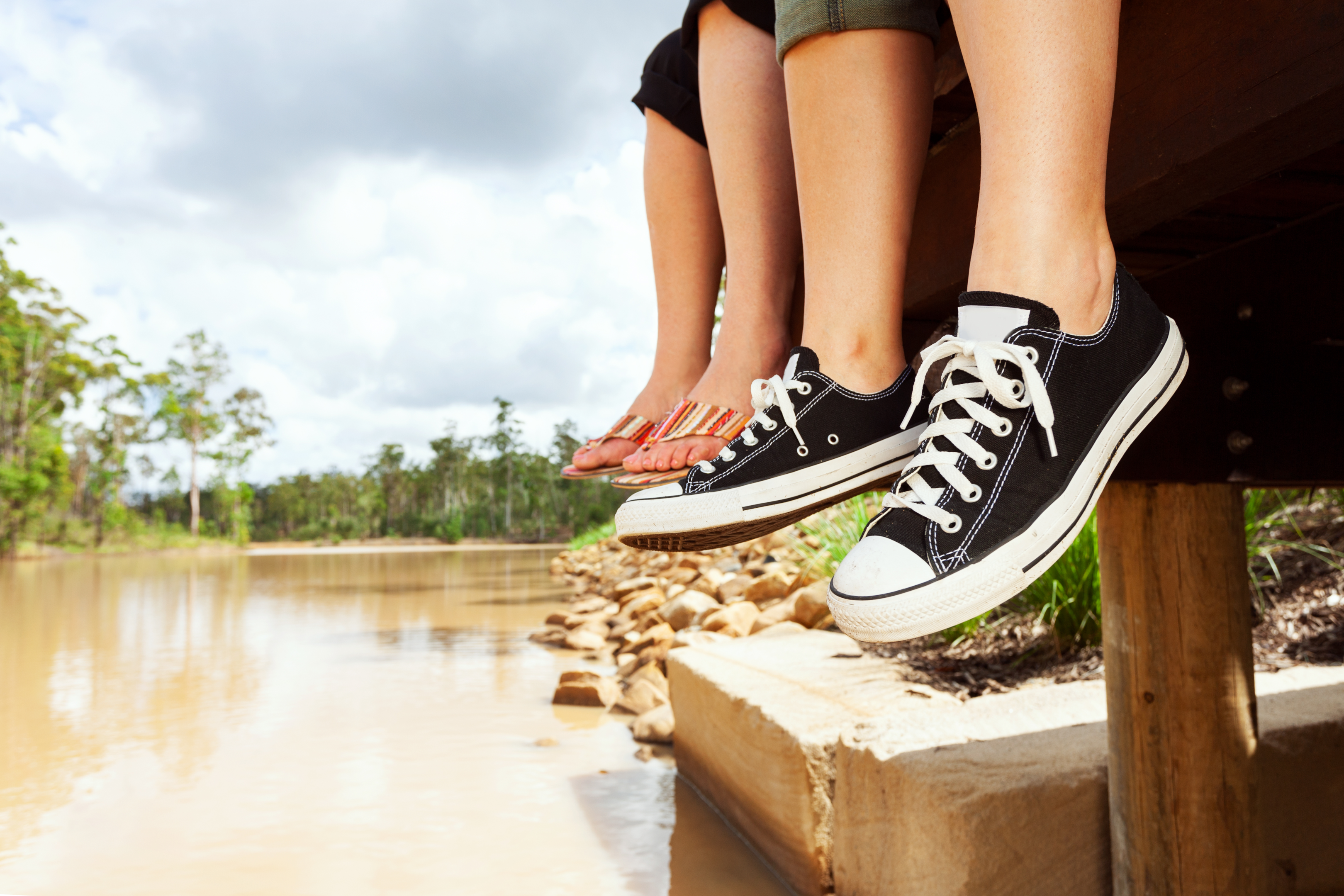
The terms "off the grid living" and "off grid home" have many connotations, and many individuals have differing perspectives on what it means to live "off the grid." The explanation for this is straightforward. Everyone uniquely lives their life.
Before we get into definitions, meanings, interpretations, and more controversial viewpoints, I'd want to point out the obvious.
Before explaining what "off-grid" means, it is necessary first to define what "the grid" is. Only then can we attempt to define what it means to be "off" the grid.
Try following our advice to get started with off-grid living:
1. Learn Everything You Can About Off-Grid Living Preparation.
Use the numerous free internet off-grid living preparation tools to learn everything you can before making the switch. And, if you're serious about becoming as self-sufficient as possible, find out how to get started homesteading right away.
2. Research for Your Possible Locations
When considering off-grid housing, consider the climate, land availability, taxes, building code requirements, and landholding choices.
When calculating the cost of going off the grid, location is crucial. However, if you plan to keep your current position, you'll also need to think about commuting costs and time, as well as maybe upgrading your vehicle.
3. Research on Off-Grid Shelters
Dig around in your chosen location to find out what off-grid housing options are available. For example, could you afford to own an off-grid cabin? Or will you have to make one yourself? What kind of construction materials would be the most suitable? And how big will you need your house to be?
If feasible, take a drive around the neighborhood to see what other people are using for construction supplies; when it comes to shelter, cost, climate, and the logistics of moving lumber, brick, stone, or soil all impact.
4. Pay Attention to the Water System
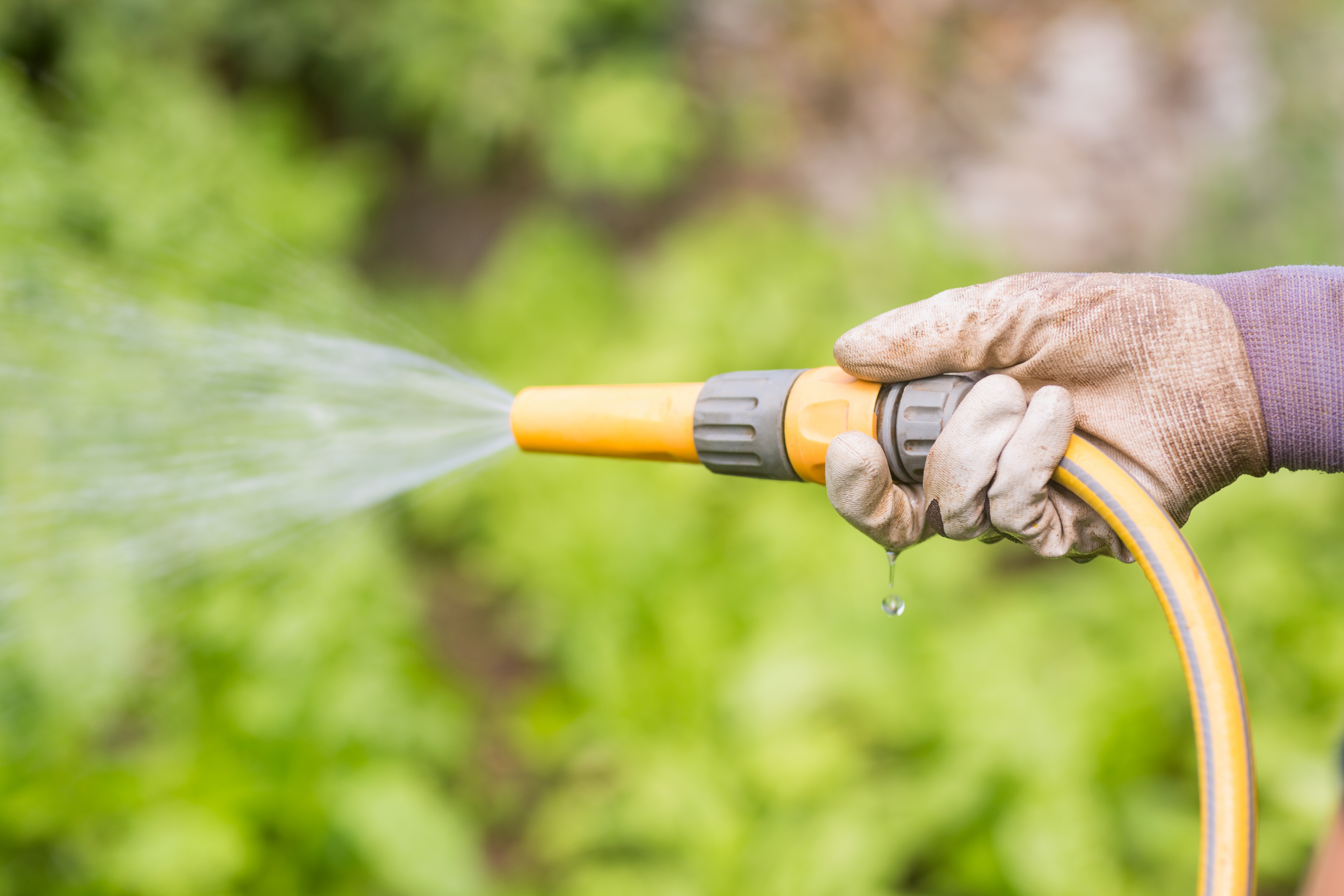
One of the most important considerations at the start of your off-grid living experience should be to ensure that you have plenty of water. It would help if you also thought about what you want to get out of that water.
Do you want hot water that you don't have to boil yourself? There are a variety of solar water heater designs to choose from.
Do you Intend to Wash your clothes with Murky Water?
The backbone of your water system will most likely remain the same for a long time, regardless of how you put it up in the beginning.
You'll have many more things to think about if you don't plan ahead of time for catching a lot of water, storing it, heating it, and using it.
5. Construct the Proper Toilet.
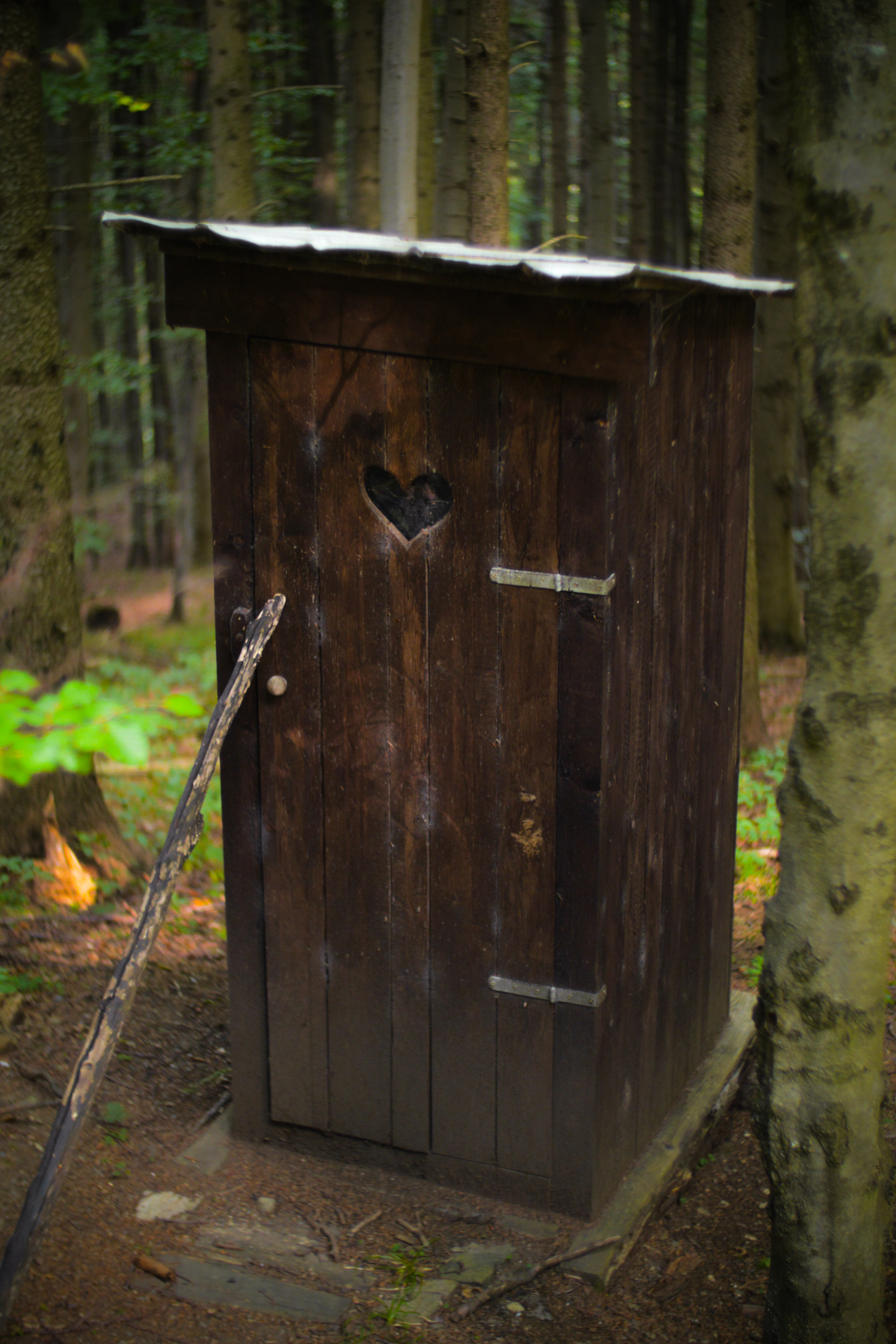
The grid is more than just a source of electricity. It's also a plumbing problem. Fortunately, there are various options for taking care of your business without relying on a municipal sewer system. For example, you can use a composting toilet, a regular toilet with a septic tank, or a tree-planting outhouse. There's also the option of going into the woods. Use this flowchart to figure out which strategy is best for you.
6. Plan Your Energy Source
Propane and solar electricity will most likely power your life. These two power sources will keep you toasty and your electronics powered for a long time. In addition, because of the solar panels, the lights will remain on. This is a crucial factor to consider.
Please don't use it when you don't need lights or charging power! Remember that you will generate less power on cloudy days. You don't want those batteries to be completely depleted. That is a problem, therefore manage your renewable energy and save, save, save.
Click here to learn more about our featured Titan 240SP.
7. Acquire the Ability to Function Without
Americans have found it challenging to live without our ultra-convenient lifestyle. We can have it delivered to our door in two hours if we want it. Although the latest epidemic has altered this, we still expect to be well-fed and entertained with plenty of toys.
Off-grid existence is all about simplicity. It's all about slowing down and appreciating the current moment. It's not about what Amazon is releasing next. Despite our addiction to convenience, you may quickly learn to enjoy life without the frills. So be willing to take the risk.
8. Determine how you will have Food Supply

Now is the time to learn the skills and identify the hunting supplies, emergency supplies, and trapping supplies you'll need if you plan to hunt, fish, or trap. Look into licensing requirements as well – and keep in mind that in some locations (at least in Canada), hunting, fishing, and trapping licenses are restricted by season and even by your status as an indigenous person. Also, don't forget to learn as much as you can about gardening. To get started, know how much to grow per person, low-maintenance gardening, and permaculture design. You can also start learning how to preserve your food by using a fermenting crock!
9. Think about the Internet.
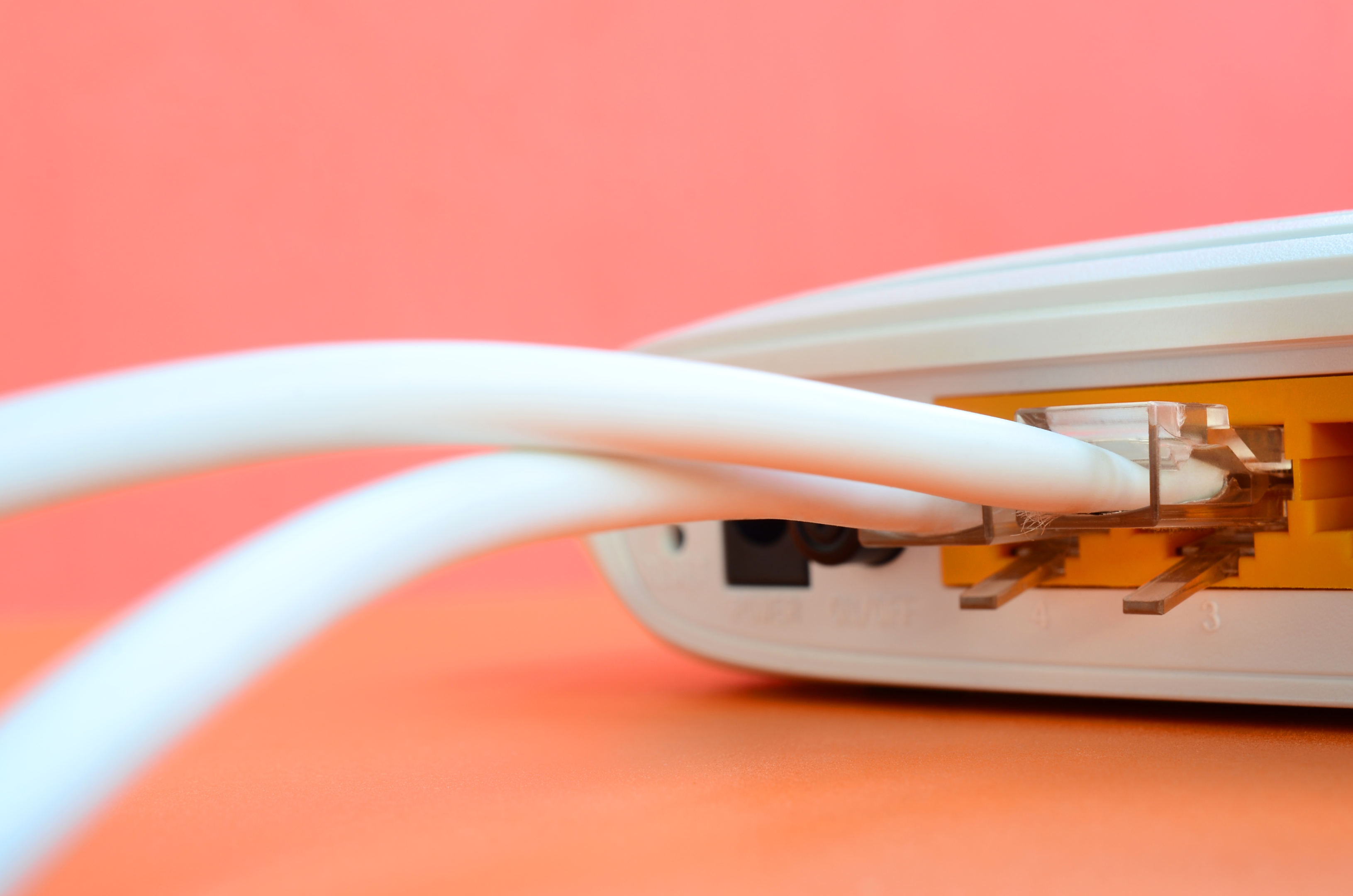
What is the purpose of having access to the Internet? Be truthful. It could be a significant source of income for you. Off-grid living is possible with an Internet connection. It's a distinct possibility. There are even prepper writers who earn a profession writing from an off-grid farm!
Consider satellite internet or other potentially valuable options. Then, pay for what you require and sever ties with companies that cannot supply the internet service you need.
10. Put Everything Biodegradable in the Compost Pile.
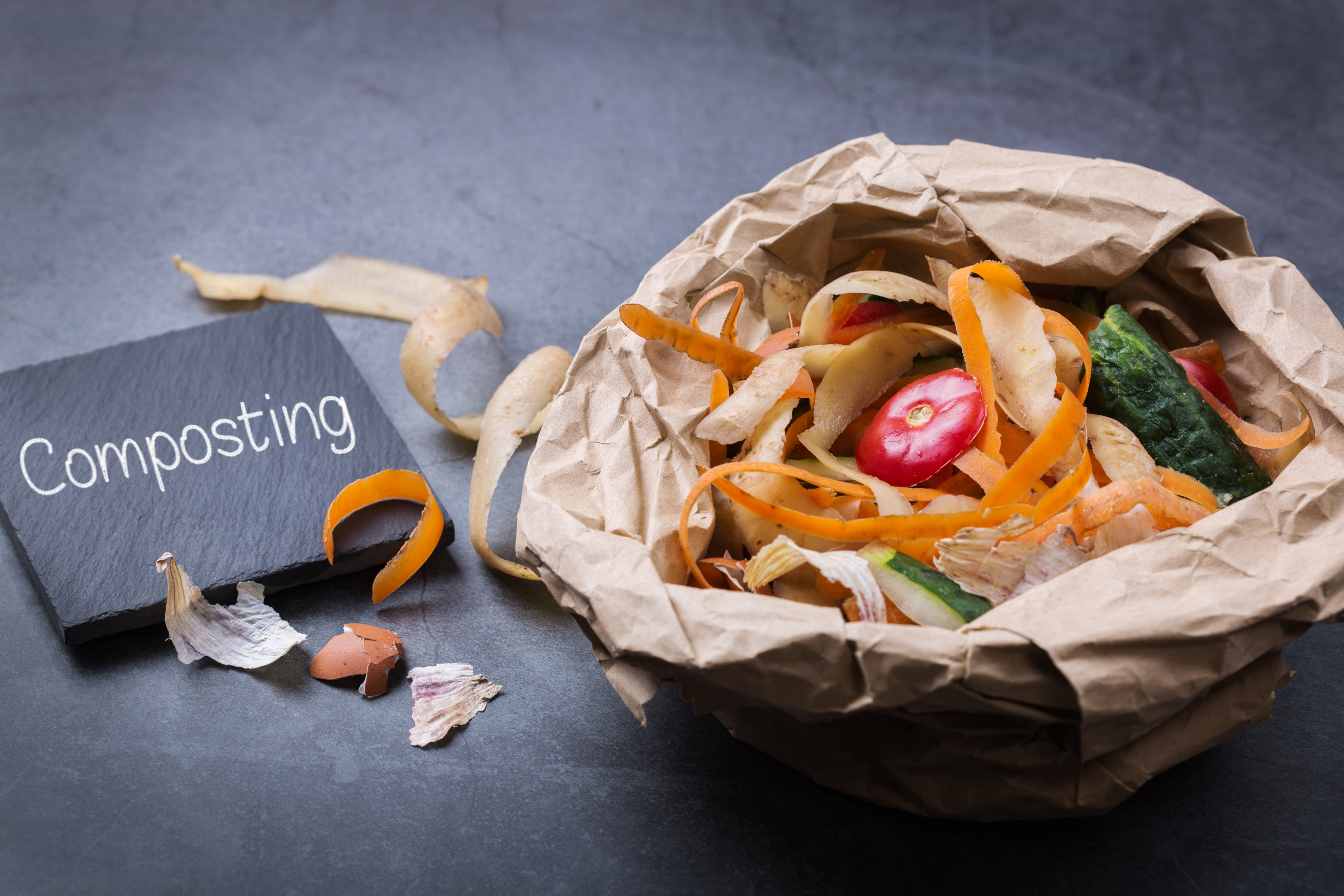
Any off-grid farmhouse should have a compost pile, if not several. But, unfortunately, the unpleasant truth is that composting toilets are far superior to septic systems.
You'll need to dispose of your waste somehow, and the composting toilet is the best option. In addition, this humanure can be used to feed row crops, allowing you to produce even more food.
While this may come as a shock, it's all part of the package when living off the grid.
11. Explore Money Making Ways with Off-Grid Lifestyle
You may wish to look into ways to make money when living off the grid unless you expect to live off investment or pension income. Handmade crafts, woodworking, opening your home to paying guests, continuing your existing employment from home or the nearby town, and freelance writing or consulting are just a few options. Learn how to increase your financial self-sufficiency so you can be ready for whatever the future brings.
12. Take A Course
Learning from a book isn't always enough. Taking a course is another approach to prepare yourself for the challenges of off-grid living.
You can try considering the following:
- First aid: Depending on your chosen area, the nearest medical center could be hours away. Learn some basic first aid as a favor to yourself. After you've completed the course, you should purchase a First Aid Kit.
- Basic mechanics: In the spirit of self-reliance, at least one member of your family should be able to perform basic mechanical tasks. You will save time, money, and aggravation by repairing a car, truck, tractor, generator, or another vehicle independently, particularly if you're a long way from the nearest town.
- Basic carpentry: Additional time and money-saving skills. Carpentry might even become a lucrative hobby. When you finally go off the grid, who knows? It might bring in a little additional cash or bartering power. How great would it be to say you made your table, chairs, and bed?
- Gardening 101: We have a legendary black thumb and have killed nearly every houseplant we've had in the last 20 years. We also wish we had taken a gardening course before we moved. Alternatively, you may have mastered the fundamentals of backyard gardening. The previous owners left an excellent garden section, which we plan to take advantage of next summer.
13. Homesteading and Repairs Books
Constraints on the Internet and power will always be a factor. You might not be able to leave YouTube open for hours while you work on fixes. Consider building a library of homesteading and repair literature to help you deal with the various challenges that come with living off the grid.
Things will break, and your to-do list will continue to increase. Having access to a sound library can make these projects and repairs a lot easier.
14. Join A Community for Off-Grid Living
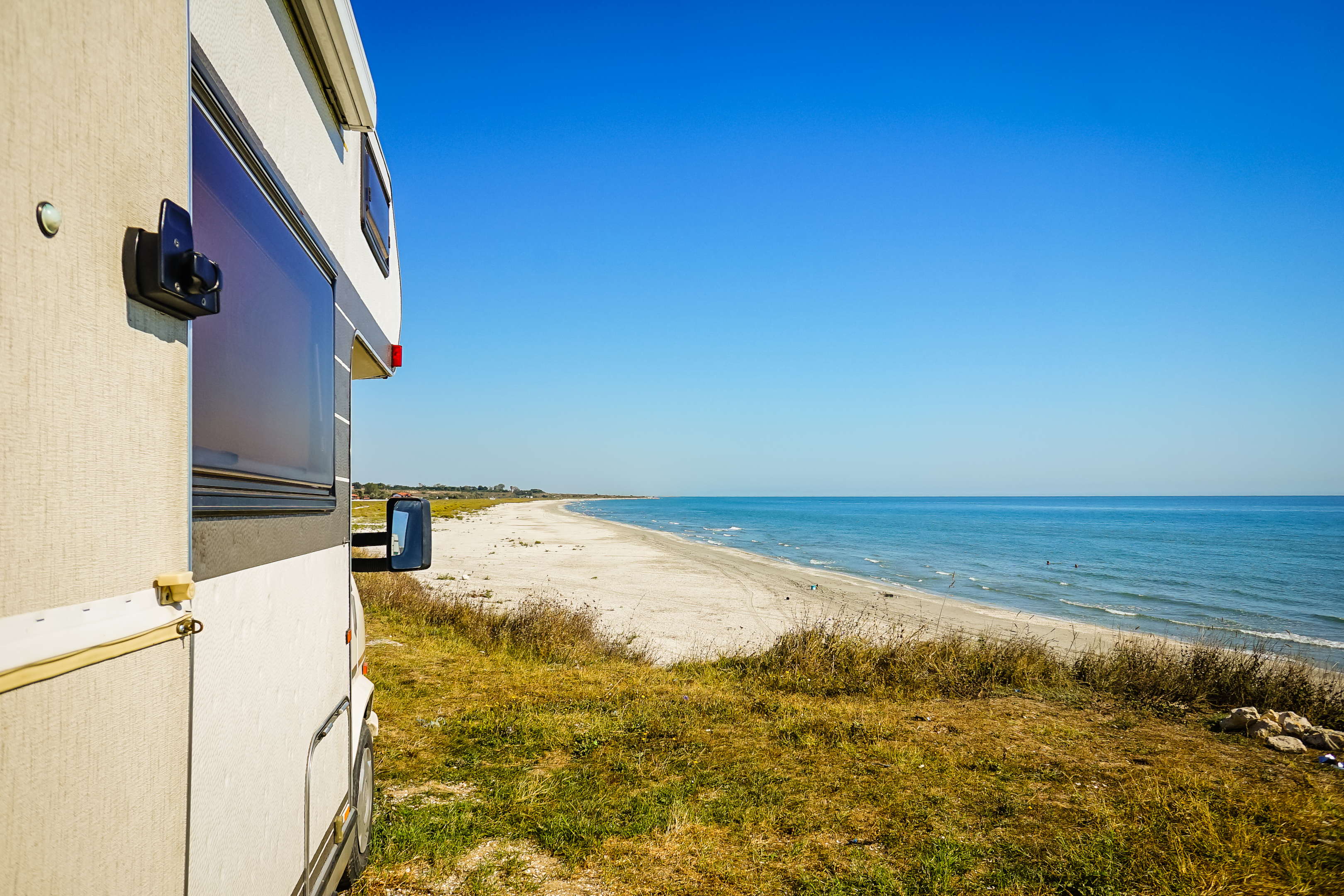
When you think of an off-gridder, do you imagine a grumpy mountain man? That's precisely what we did. Despite this, we've discovered that practically everyone we've encountered who lives off the grid is friendly. They're usually eager to offer advice, suggestions, and assistance.
Also, don't let the fact that you're still in a city or suburb prevent you from networking with other people who share your interests. Find online communities of off-grid folks by searching Facebook and internet forums. On a variety of platforms, you can find unique online communities with a lot of debate.
Keep in mind that certain places of the world lend themselves (or necessitate) an off-grid living because of their remoteness. As a result, the majority of your future neighbors, whether they live down the street or hundreds of miles away, may be off-grid as well.
15. Have an Off-Grid Supply List
Do you intend to relocate within the next few years? Then, make a supply list to start your off-grid life preparations. Tools, safety equipment, dry and tinned food, hunting, fishing, and gardening equipment, as well as clothing, may be included.
Start gathering critical off-grid living things now if you want to relocate within the following year. Starting with a first-aid kit is an excellent place to start. We're working on more off-grid living pieces to expand on some of the concepts presented in this one. Do you have any suggestions or advice? We'd be delighted to hear from you.
16. Develop Proper Mindset
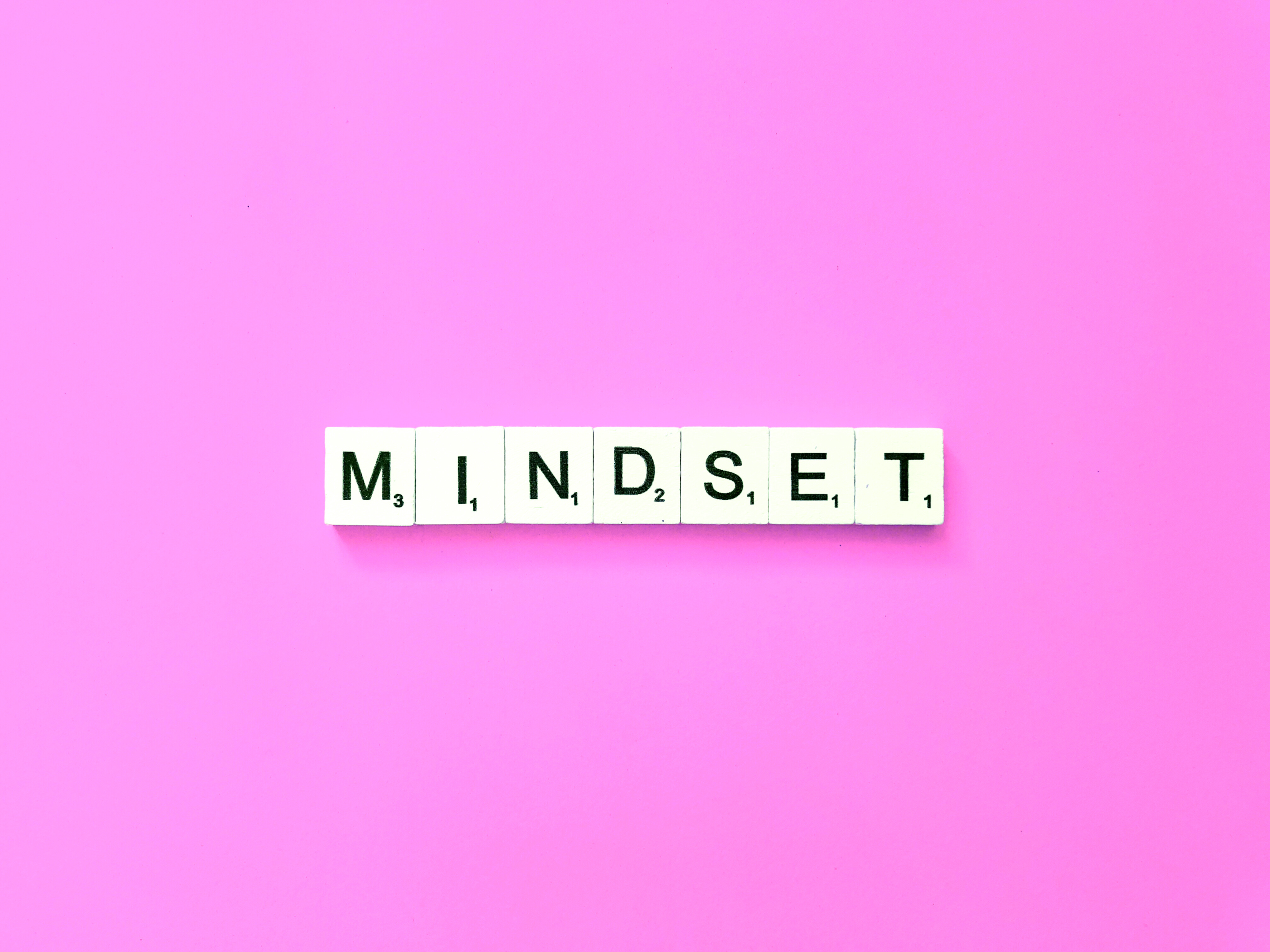
To succeed at off-grid living, you'll need an independent spirit and a commitment to a sustainable lifestyle. Even self-sufficient residents pay property taxes so that they won't be completely cut off from civilization. To various people, living off the grid means different things. Some people prefer modern amenities and enormous power plants. Others like to go back in time and live with primitive methods of heating, food and battery storage. If you try to replace all of the contemporary conveniences you have now, going off-grid can be a costly affair. If you don't mind putting in long hours, making sacrifices, and living around jackrabbits, an off-grid existence could be in your future.
17. Simulate Off-Grid Living with Camping
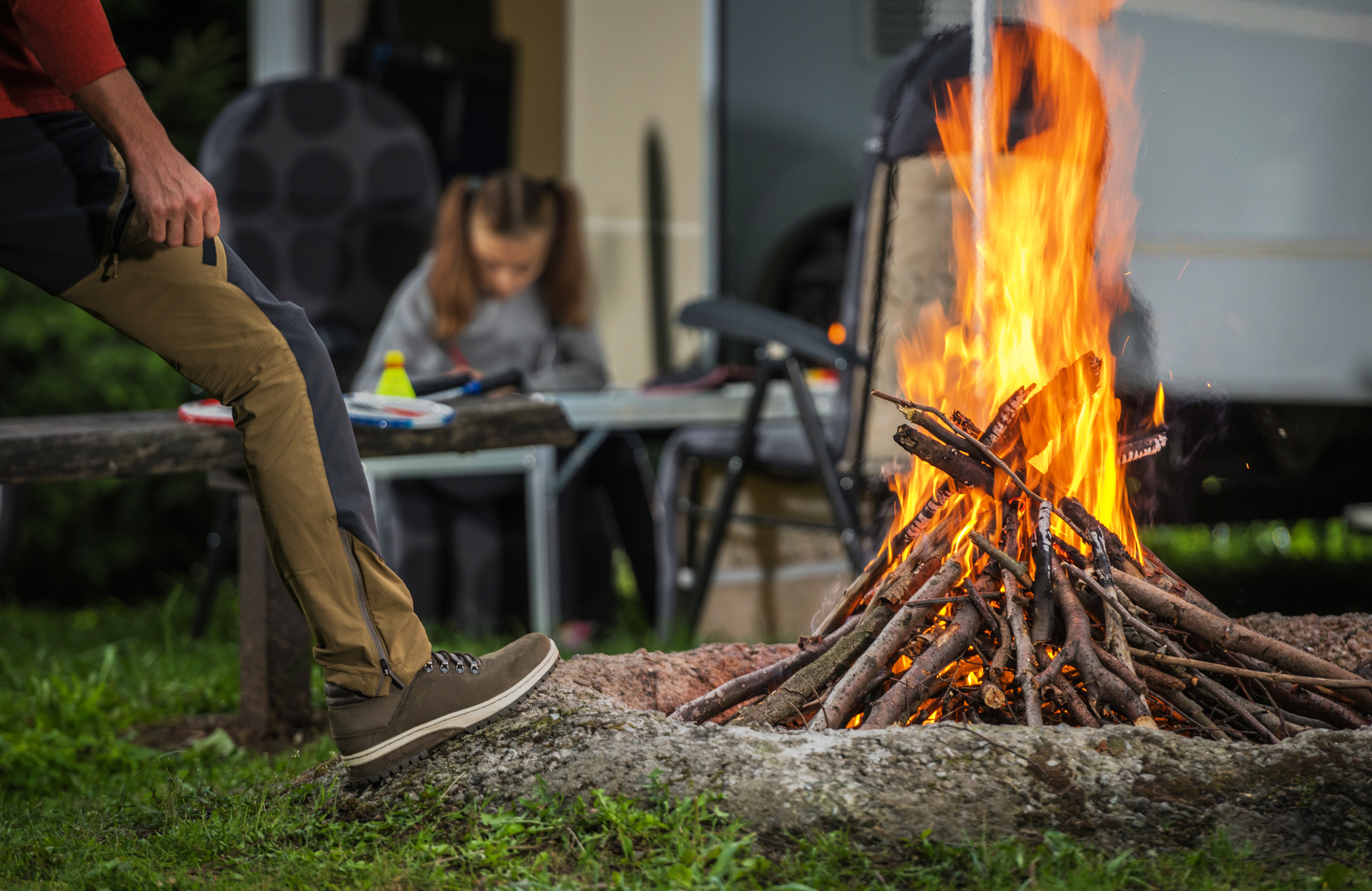
Giving off-grid living a trial run or two is a great way to evaluate if it's right for you (and your family). Many state parks feature primitive campsites if you don't have access to essential camping places. Test the waters by packing up the family and leaving behind all of the comforts of home. Make your camping trip last at least a week. A weekend will only appear enjoyable; a week should provide you with a decent sense of the experience.
18. Reduce your Reliance on Electricity.
Many city dwellers fantasize about living off the grid and expect the same comforts they enjoy in the city with limitless power. However, you must first determine your electrical requirements before deciding to go off the grid. Once you've figured out how much electricity your household uses, you can buy the right equipment to meet those needs. If you discover that you use more renewable energy than you can produce off-grid, you can do your renewable energy audit and make any adjustments.
19. Learn Mechanic and Carpentry
Living off the grid frequently entails residing in rural areas. That means you won't have a handyman on call 24 hours a day, seven days a week. When living off the grid, learning basic carpentry and mechanic skills can make all the difference. Fundamental skills may save you time and money from creating a frame to mount solar panels to repair a chainsaw. Look for programs to teach you at local institutions or extended learning centers. There are numerous instructional videos available on YouTube to assist you in learning, but nothing matches hands-on experience.
20. Acquire Herbal Medicine Knowledge and Application
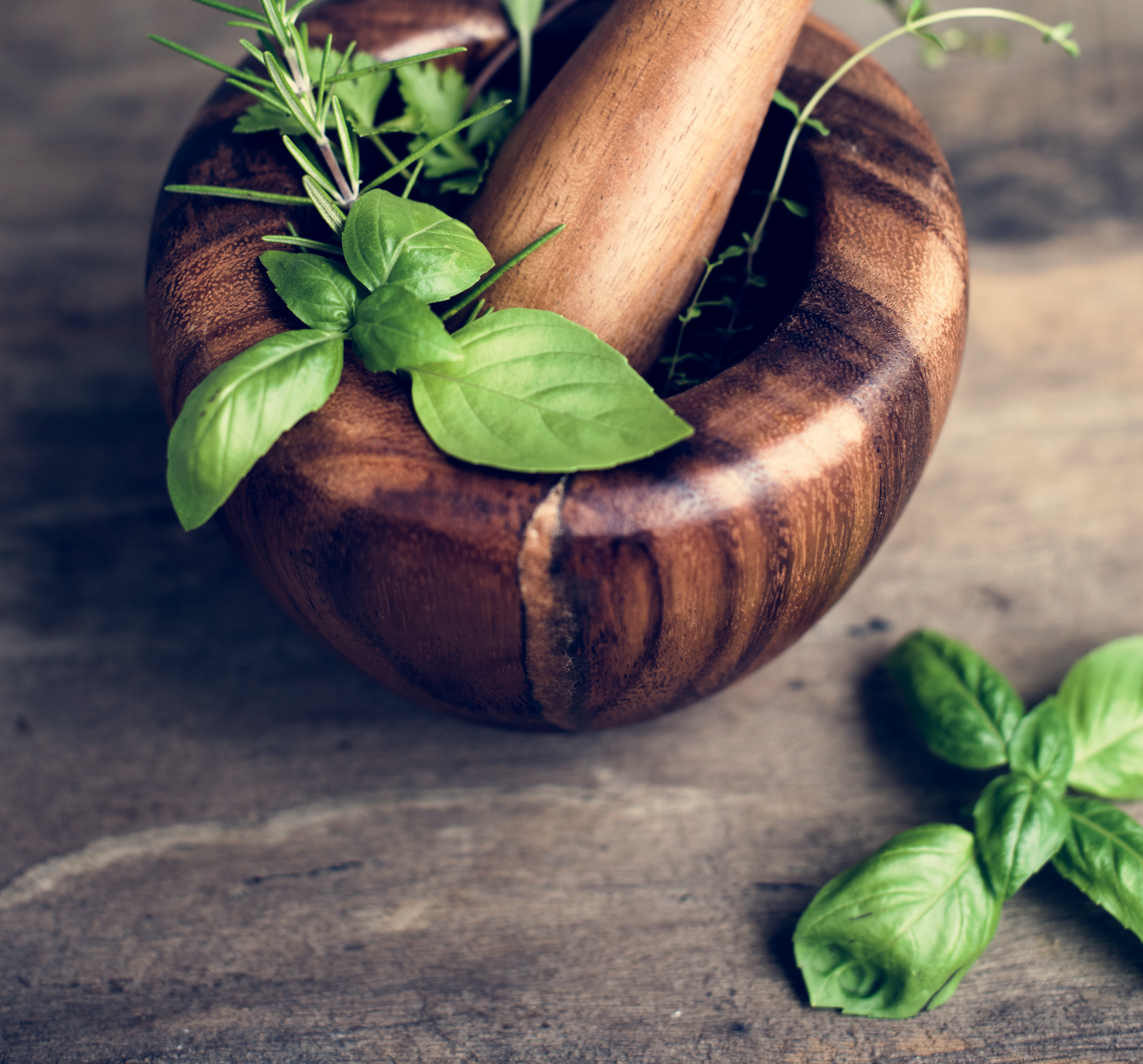
Doctors, like mechanics, will be a long way away when living off the grid. While natural medicine is not meant to replace medical care and guidance, it can save your life if you don't have access to one. Home medicines and first aid are essential for any homesteader or off-grid, from healing a bee sting to seeking an earache.
21. Hunting, tracking, trapping, and fishing: Learn Them
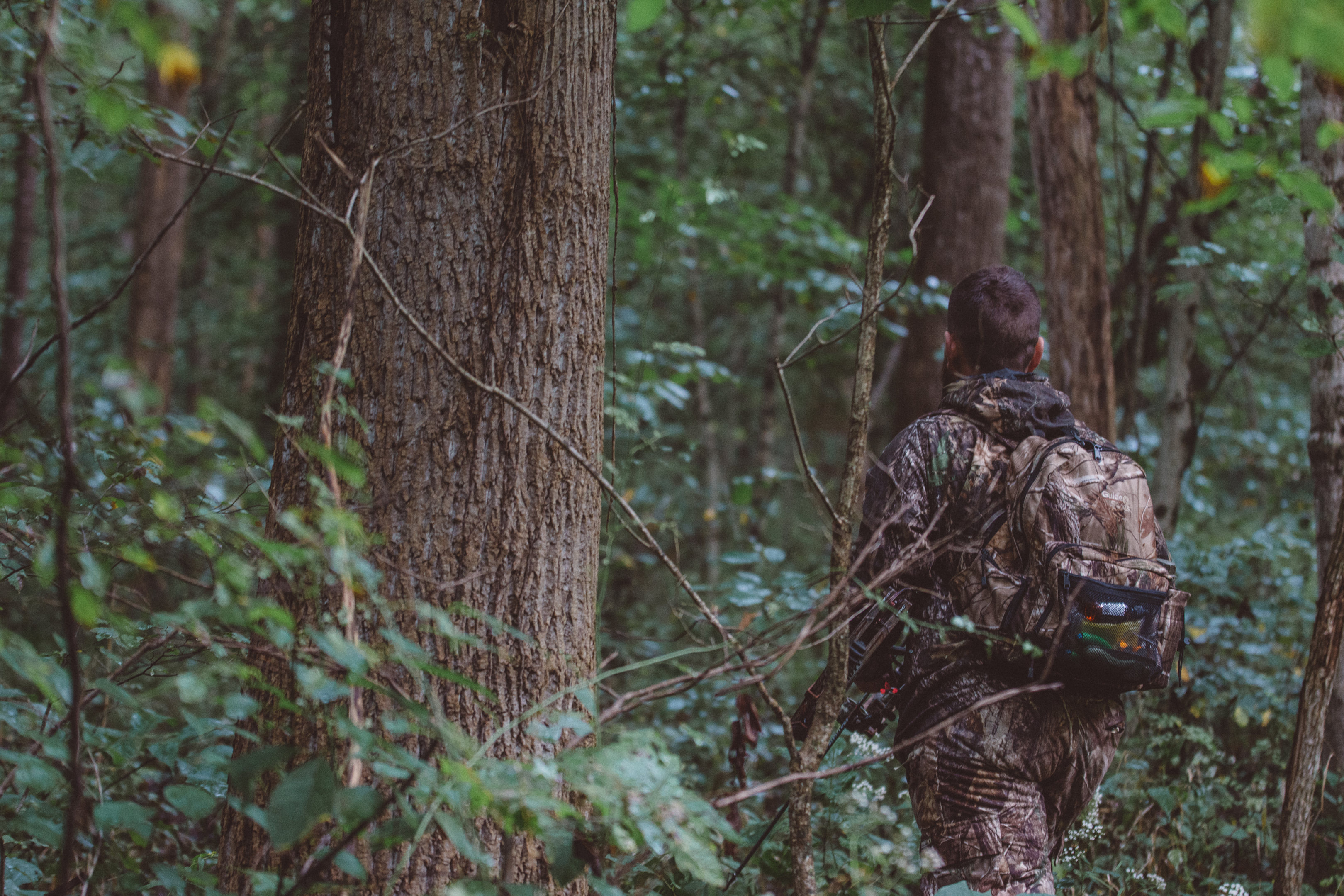
Growing your food is one of the most radical acts of defiance you can commit. I had these lofty illusions when I first started homesteading that I would be able to raise all of the food my family would require organically. That year, I don't think I harvested enough to make a large salad. I also recall countless fishing and hunting trips where all I managed to catch was a decent snooze. You can employ hunting, tracking, and trapping talents to not only produce food for your family but also to safeguard your land and cattle.
22. Foraging Plants
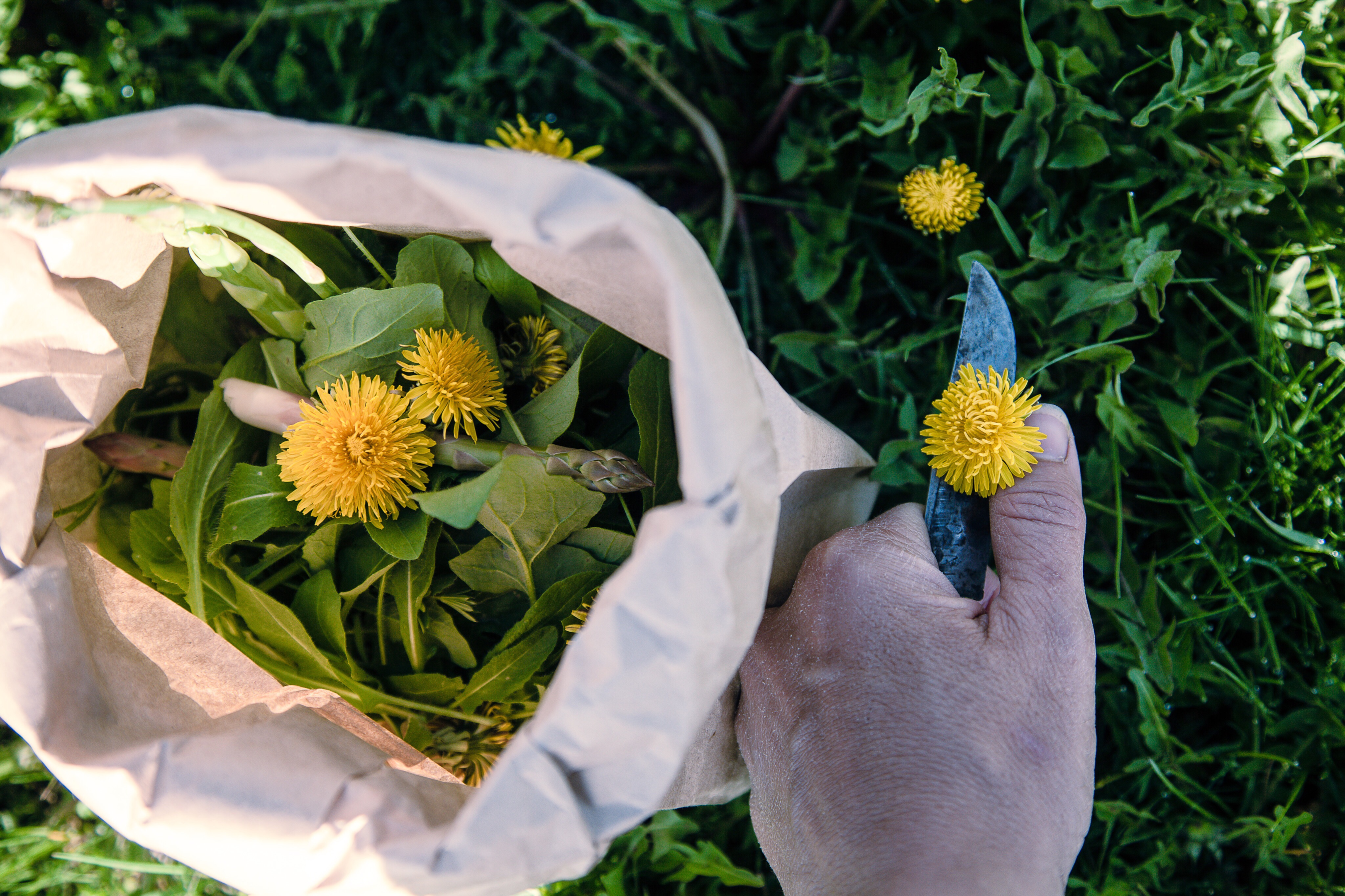
Did you know that right outside your front door, nature provides free food? Many wild, foraged items are higher in nutrition than anything you can buy at the supermarket. Make sure you can identify any plant or mushroom you find in the wild before you consume it! Check to see if your local extension agency offers a wild foods lesson.
23. Get Out Of Debt
It's a terrific concept if you want to get out of debt and save money by living off the grid.-Suppose you want to keep your job. But don't do it if you plan on quitting your job, moving off the grid, and still being in debt. Instead, get rid of all your needless bills to start saving money. Anything other than your mortgage/rent, insurance, child support, food (make from scratch), and water are considered unnecessary bills.
If you have a car payment, sell it and buy a used model with cash. Remove any bills that you don't require. One is cable television. Other than brief amusement, there's no incentive to watch cable TV unless it's for business. Once you've gone off the grid, you'll be able to watch TV again. Wouldn't it be better to invest that $50-$120 or more toward your off-grid savings each month? Off-grid living is usually a gradual and intentional process that takes years to complete—a move from the modern city and suburban lifestyle to a rural existence. Let's face it; we believe the primary thing that attracts those who wish to live off the grid is simple country living.
Proper Planning is the Key
The allure of living off the grid and roughing it is natural. There is a considerable attraction in our modern world to sever the knot and return to the human route. You can do it by yourself, but you must be willing to master new abilities and take on new tasks.
When living off-grid, it's crucial to remember that you can fail. You can live off the grid for five years before calling it a day. You are not obligated to live this way for the rest of your life. However, you will learn a lot about the land and even more about yourself throughout those five years.
Leave a comment
Comments will be approved before showing up.